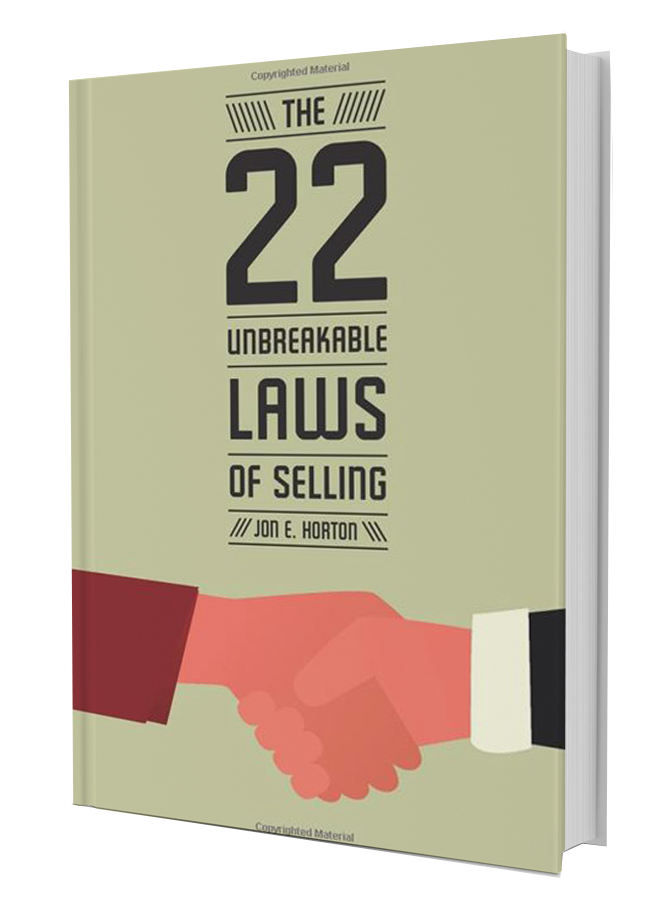We all use labels in our everyday conversation. They provide convenient shorthand for sharing well-known concepts using a minimum of words. Unless you’re meeting with a real estate agent, it’s usually enough to simply say, “I left home this morning” even though “home” might be an apartment, a condominium or a mansion.
More often than not, labels are general in nature which is typically sufficient unless a conversation requires more nuance. The morning meal is just “breakfast” unless the array of food (and the price) justify calling it a “buffet”. Similarly, “condiments” infers something a cut above “mustard” but perhaps short of “Grey Poupon”.
This subject of labels came to mind as I was cleaning out the desk drawer where I mindlessly toss the business cards I have accumulated over the years, many of which came from fellow sales travelers. Reviewing them one-by-one, I was both interested and amused by the variety of job titles printed below each name. Representative samples include “Salesperson”, “Sales Representative”, “Sales Consultant”, “Sales and Service”, “Customer Service”, “Account Services”, “Account Executive” and “Account Manager”.
These titles are, of course, labels. And, like “breakfast”, they are all labels which convey pretty much the same thing – the cardholder works in sales.
To be clear, this column isn’t about creative writing and the search for a title that doesn’t scream “Sales!” As I have written many times, I believe a sales career is a high calling and it’s a label that should be worn like a badge of honor. To do so, however, account executives must be sure to define the label rather than let the label define them. That mission begins with self-perception.
Too many sellers have internalized the hackneyed caricature of a salesperson holding out both hands, desperately asking for money from a prospect. Accepting that definition becomes a self-fulfilling prophecy.
My perception of all good sellers is radically different. A salesperson plays an indispensable role in a client’s critical decision making process. Which products or services merit shares of limited financial resources? How can those choices be utilized efficiently? What are reasonable expectations for ROI? Getting the right answers to these questions and being convinced (sold) to act upon them is a matter of life and death – for both the buyer’s career and the company he represents.
When the process works correctly and the business (client) prospers, top salespeople will sometimes be told, “We couldn’t have done it without you.” And it’s the truth. Sellers are a significant lubricant for the wheels of commerce.
Accepting the mantle of being an important cog in the world of business has seller benefits beyond serving as a “rah-rah” for self-esteem. Doing so will, in fact, change how a salesperson sells.
In The 22 Unbreakable Laws of Selling, I wrote about attending a Chamber of Commerce mixer and meeting two vastly different men, both of whom worked at automobile dealerships. I first met Larry who, when asked about his job, told me, “I’m a car salesman.” Later I introduced myself to Bill. His response to the same question was, “I work in transportation solutions.”
Neither of these “labels” appeared on their business cards but they spoke volumes about their respective self-perceptions. Larry’s ‘job’ is to sell cars and that’s how his potential buyers will think of him. Bill, on the other hand, believes he is guiding prospects toward making an important decision. As a result, he carries himself confidently and his demeanor demands the development of peer-to-peer relationships with customers.
How about you? I already think highly of your profession but I’m not sure what you want to be called. Is your label Larry or Bill?
Jon E. Horton is the author of The 22 Unbreakable Laws of Selling available in both paperback and Kindle versions from Amazon.com. For more of his blogs, please visit www.JonEHorton.com. Comments to Jon@JonEHorton.com.
Last updated:
Mar 16, 2015

